![]() by Fr. Alexander Schmemann –
by Fr. Alexander Schmemann –
Great and Holy Saturday is the day on which Christ reposed in the tomb. The Church calls this day the Blessed Sabbath. The great Moses mystically foreshadowed this day when he said: God blessed the seventh day. This is the blessed Sabbath. This is the day of rest, on which the only-begotten Son of God rested from all His works… (Vesperal Liturgy of Holy Saturday).
By using this title the Church links Holy Saturday with the creative act of God. In the initial account of creation as found in the Book of Genesis, God made man in His own image and likeness. To be truly himself, man was to live in constant communion with the source and dynamic power of that image: God. Man fell from God. Now Christ, the Son of God through whom all things were created, has come to restore man to communion with God. He thereby completes creation. All things are again as they should be. His mission is consummated. On the Blessed Sabbath He rests from all His works. [Read more…]

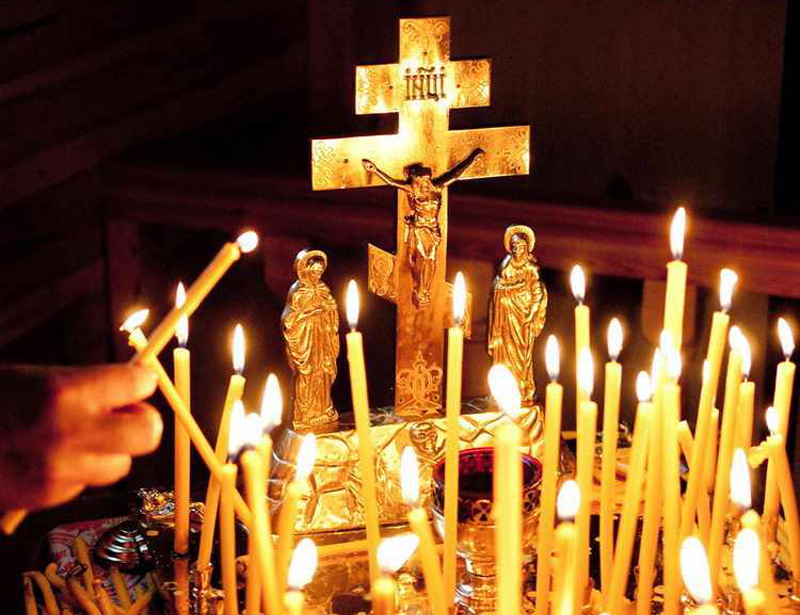 by Fr. John Moses –
by Fr. John Moses –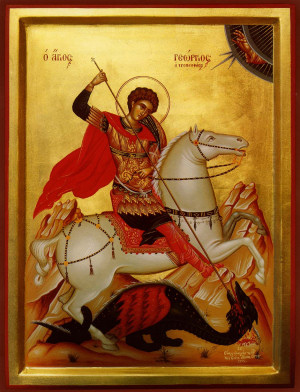 by Editors –
by Editors –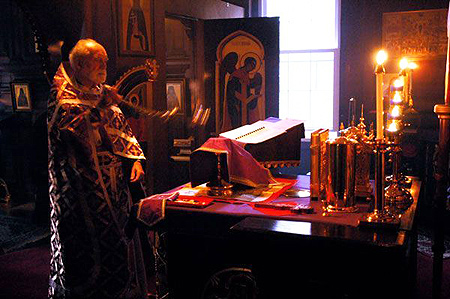 The joyousness which accompanies the performance of the
The joyousness which accompanies the performance of the 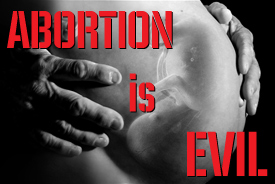 by George Michalopulos –
by George Michalopulos –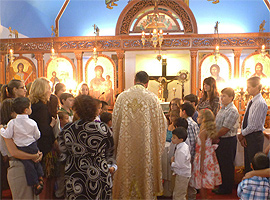 by Seraphim Danckaert –
by Seraphim Danckaert –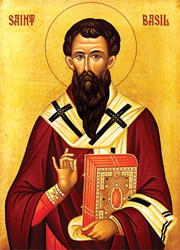 by St. Basil the Great –
by St. Basil the Great –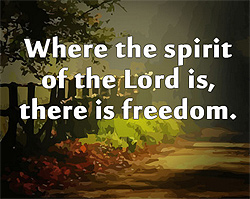 by Fr. Patrick Reardon –
by Fr. Patrick Reardon –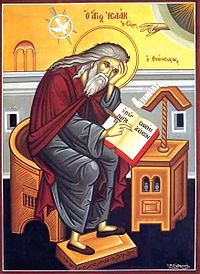 by Fr. Matthew Jackson –
by Fr. Matthew Jackson –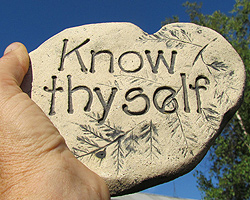 by Fr. George Morelli –
by Fr. George Morelli –